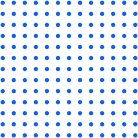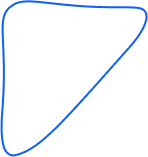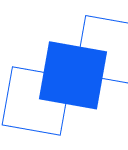About The Department
The Department of Computer Science and Engineering was started in 2012 and it is affiliated to Anna University, Chennai. Through Quality Education, the Department's desired is to produce competent software professionals, academics, and researchers.
The Department have experienced and PG qualified faculty members having expertise in various domain such as Network security, data mining, web mining, cloud computing, big data analytics, full stack, artificial intelligence, and software engineering and testing. Microsoft Campus Agreements and Oracle Server 11g Standard are the licensed software in the laboratory.
The various seminar, webinar and symposium are conducted in the department and the students are motivated to attend hackathon, symposium and other competition across reputed institution .The students pursue project and internship in industries and placed in various companies to be specific Accenture, TCS, Infosys and CAPGEMINI.
Vision
To develop skilled computer science engineers with software code skills, research aptitude, an entrepreneurial spirit, and moral principles in order to meet the demands of the society.
Mission
To develop learning environment by setting up industry linked laboratories on cutting-edge technologies.
To cultivate skills of teamwork and lifelong learning among learners with ethical and social responsibilities.
To collaborate with renowned academic institutions and industries and enabling the student to focus on research, innovation and entrepreneurship.




















